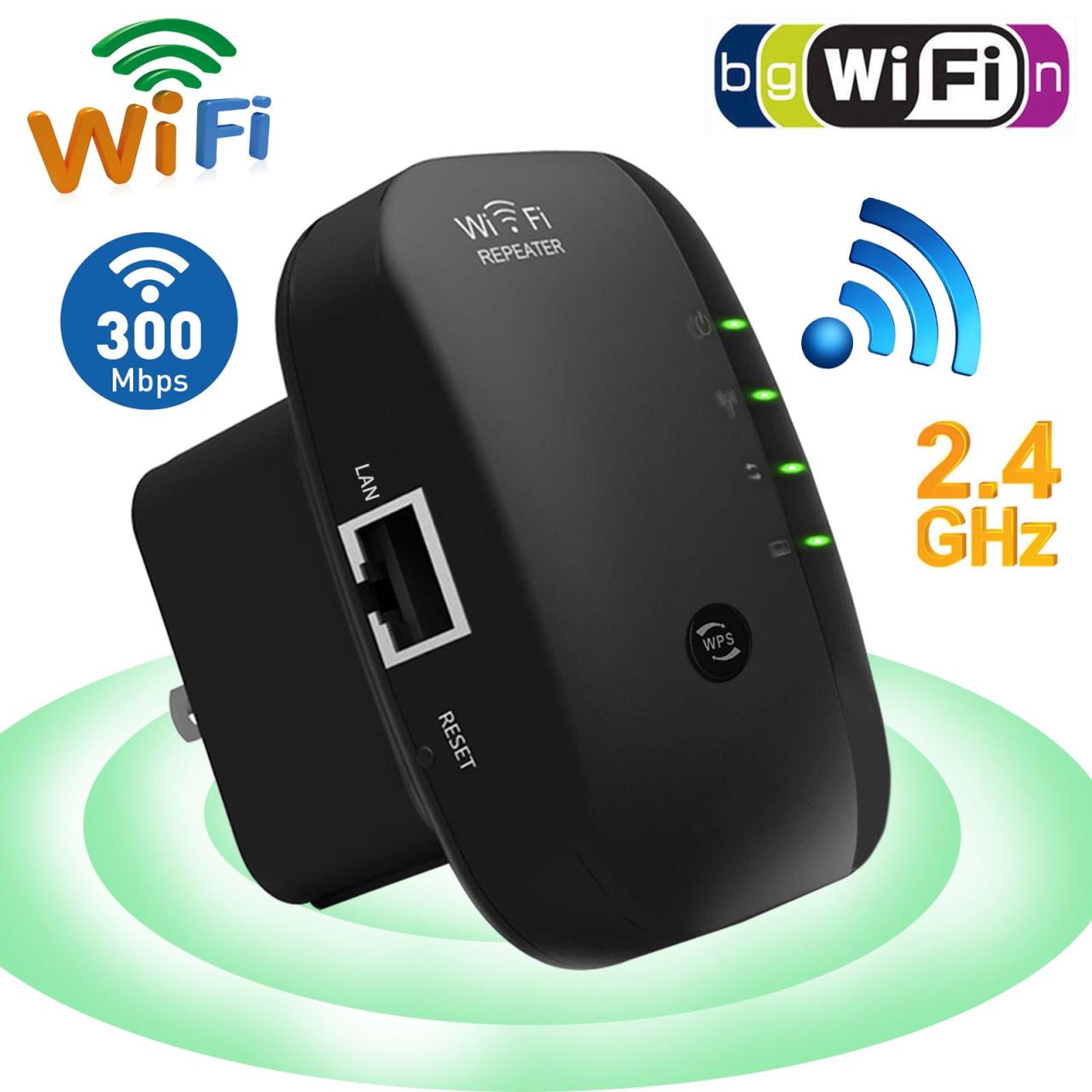Amplificateur Wifi, or Wi-Fi extender in English, is your secret weapon against frustratingly weak Wi-Fi signals. Imagine a home where every room enjoys seamless streaming, lag-free gaming, and reliable video calls, no matter how far from the router. That’s the power of a well-chosen and strategically placed amplificateur wifi. This guide will walk you through everything you need to know to conquer those dead zones and create a truly connected home.
We’ll explore different types of amplifiers, their technical specifications, and how to choose the best one for your needs. We’ll cover installation, optimization, and even delve into cost-effectiveness and alternatives like mesh networks. Get ready to say goodbye to buffering and hello to a consistently strong Wi-Fi signal!
Understanding “Amplificateur Wifi”
A wifi amplifier, or extender, boosts your existing wifi signal to reach areas where your router’s signal is weak or nonexistent. This allows you to enjoy reliable internet access throughout your home or office, eliminating dead zones and improving overall connectivity.
Wifi Amplifier Function
A wifi amplifier receives a wifi signal from your router, amplifies it, and rebroadcasts it to a wider area. This extends the range of your existing network, allowing devices further away from the router to connect with stronger, more stable signals.
Types of Wifi Amplifiers
Several types of wifi amplifiers exist, each with its own strengths and weaknesses. These include range extenders (which simply repeat the signal), powerline adapters (which use your home’s electrical wiring to transmit the signal), and mesh wifi systems (which create a network of interconnected nodes for seamless coverage).
Wifi Amplifier Technology Comparison
The performance of wifi amplifiers varies depending on factors such as the frequency band (2.4 GHz or 5 GHz), the amplifier’s power output, and the technology used. Generally, 5 GHz offers faster speeds but shorter range than 2.4 GHz. More powerful amplifiers provide greater range, but may also interfere with other devices.
Common Wifi Amplifier Use Cases
Wifi amplifiers are useful in various situations. They are particularly beneficial in larger homes, homes with thick walls, or areas with many obstacles that interfere with wifi signals. They also prove useful for extending coverage to outdoor areas like patios or gardens.
Technical Specifications and Features
Choosing the right wifi amplifier involves considering several key technical specifications and features. Understanding these aspects ensures you select a device that meets your specific needs and budget.
Key Technical Specifications
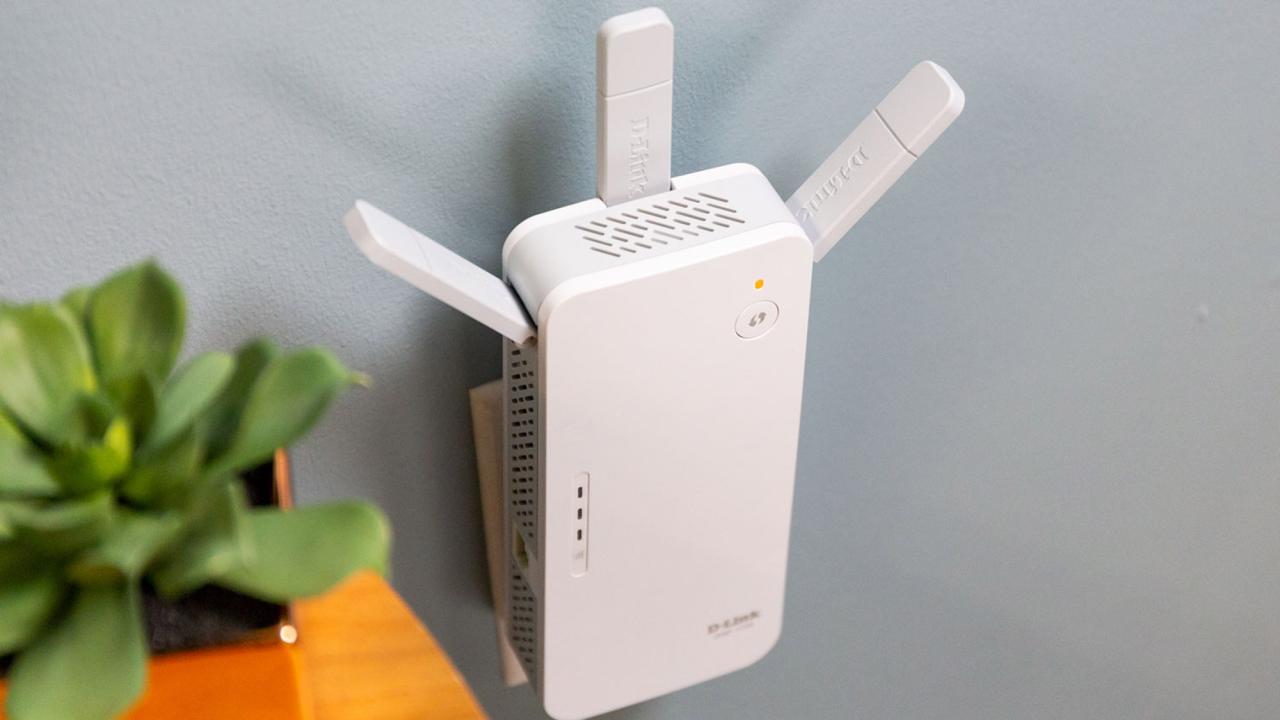
Crucial specifications include frequency bands (dual-band 2.4 GHz and 5 GHz offer greater flexibility), data transfer speed (measured in Mbps), range (the distance the amplifier can effectively extend the signal), and power output (higher power generally means greater range but potentially more interference).
High-End vs. Budget-Friendly Amplifiers
High-end amplifiers typically offer faster speeds, greater range, advanced features like beamforming (focusing the signal towards devices), and more robust security protocols. Budget-friendly options often sacrifice speed and range for a lower price point.
Importance of Security Features
Security features like WPA2/WPA3 encryption are vital to protect your network from unauthorized access. Choose an amplifier that supports strong encryption protocols to ensure the safety of your data.
Wifi Amplifier Model Comparison
| Model | Frequency Band | Speed (Mbps) | Range (approx. m) |
|---|---|---|---|
| Amplifier A | 2.4 GHz & 5 GHz | 1300 | 50 |
| Amplifier B | 2.4 GHz | 300 | 30 |
| Amplifier C | 2.4 GHz & 5 GHz | 1750 | 70 |
| Amplifier D | 2.4 GHz | 450 | 40 |
Installation and Setup
Installing a wifi amplifier is generally straightforward. However, proper placement and troubleshooting are crucial for optimal performance.
Step-by-Step Installation Guide
- Connect the amplifier to a power outlet.
- Connect the amplifier to your router’s wifi network.
- Configure the amplifier’s SSID and password (usually through a web interface).
- Connect your devices to the amplifier’s extended network.
Troubleshooting Wifi Amplifier Installation Problems
Common issues include weak signals, connection drops, and inability to connect. These can often be resolved by optimizing placement, checking for interference from other devices, and restarting the amplifier and router.
Optimal Placement for Maximum Coverage
Place the amplifier midway between your router and the area with weak signal. Avoid placing it near metal objects or other sources of interference. Experiment with different locations to find the optimal spot.
So you’re thinking about getting a wifi amplifier to boost your signal, right? That’s smart! Before you dive in, though, you might want to check if everything’s working on your end; see if is chat gpt down , because a weak connection could be from something on your side, not just weak wifi. Once you’ve ruled that out, then yeah, an amplificateur wifi is a great next step for better internet.
Tools and Materials Needed
- Wifi amplifier
- Power outlet
- Ethernet cable (optional, for wired connection)
- Computer or smartphone for configuration
Performance and Optimization
Optimizing your wifi amplifier’s performance ensures you get the best possible speed and range. Several factors can impact performance; understanding these factors is key to troubleshooting.
Optimizing Wifi Amplifier Performance
Regularly check for firmware updates, avoid placing the amplifier near sources of interference, and ensure it’s properly positioned for optimal signal strength. Using a wired connection between the amplifier and router (if possible) can improve stability.
Factors Affecting Range and Speed
Factors such as distance from the router, physical obstacles (walls, furniture), and interference from other electronic devices all affect the range and speed of a wifi amplifier.
Wifi Amplifier vs. Other Wifi Extender Solutions
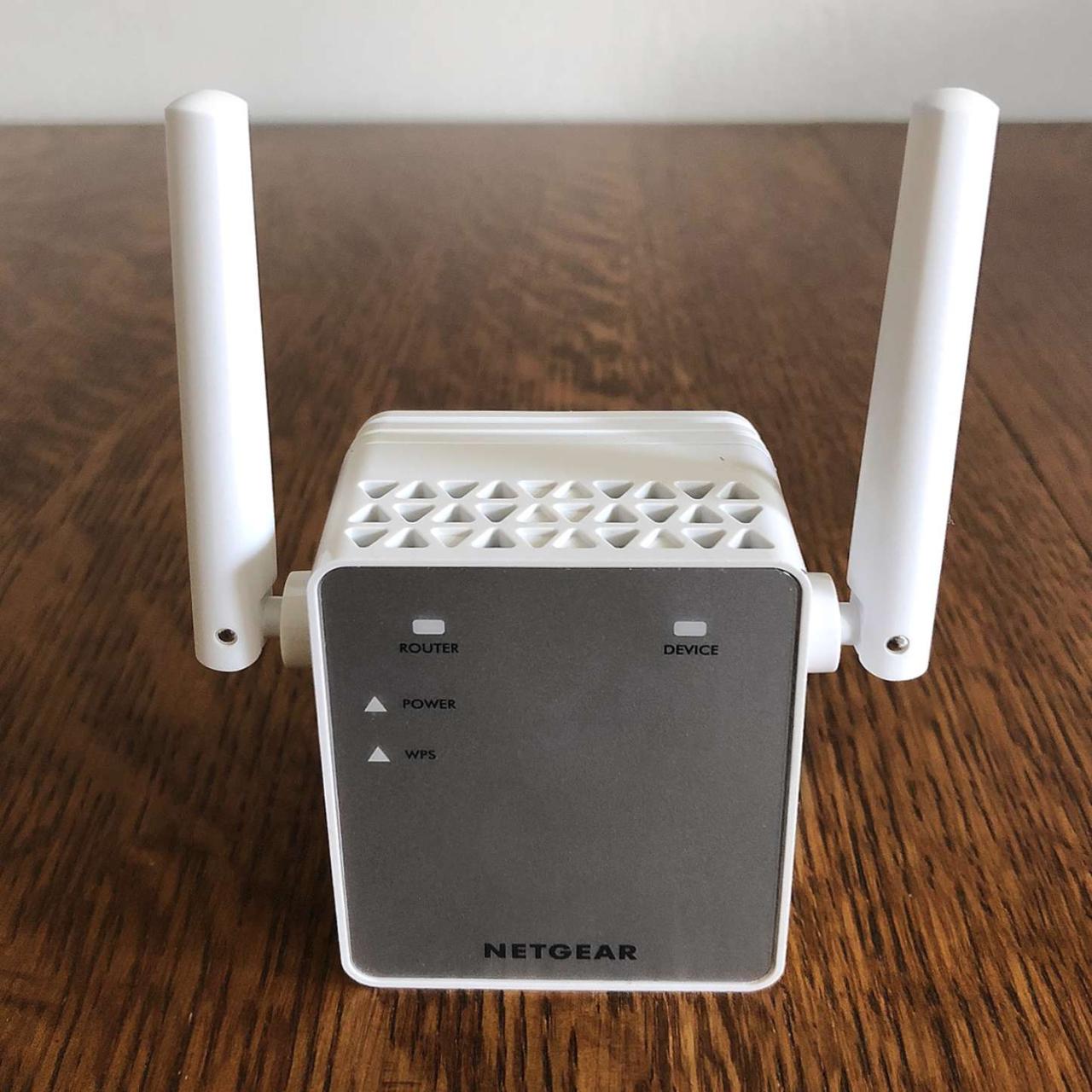
Compared to mesh wifi systems, amplifiers offer a simpler and more affordable solution for extending coverage, but may not provide seamless roaming capabilities. Powerline adapters offer an alternative using electrical wiring, but speed can be impacted by the quality of the wiring.
Configuring for Optimal Performance in a Multi-Device Household
In households with many devices, prioritize using a dual-band amplifier to reduce congestion. Consider using Quality of Service (QoS) settings to prioritize bandwidth for certain applications or devices.
So, you’re looking at getting a wifi amplifier to boost your signal, right? A stronger signal means smoother streaming and faster downloads. If you’re a Bell MTS customer, bell mts might have some great deals on compatible devices or even packages that include them. Choosing the right amplifier depends on your home’s layout and your internet plan, so do a little research before you buy!
Cost and Value
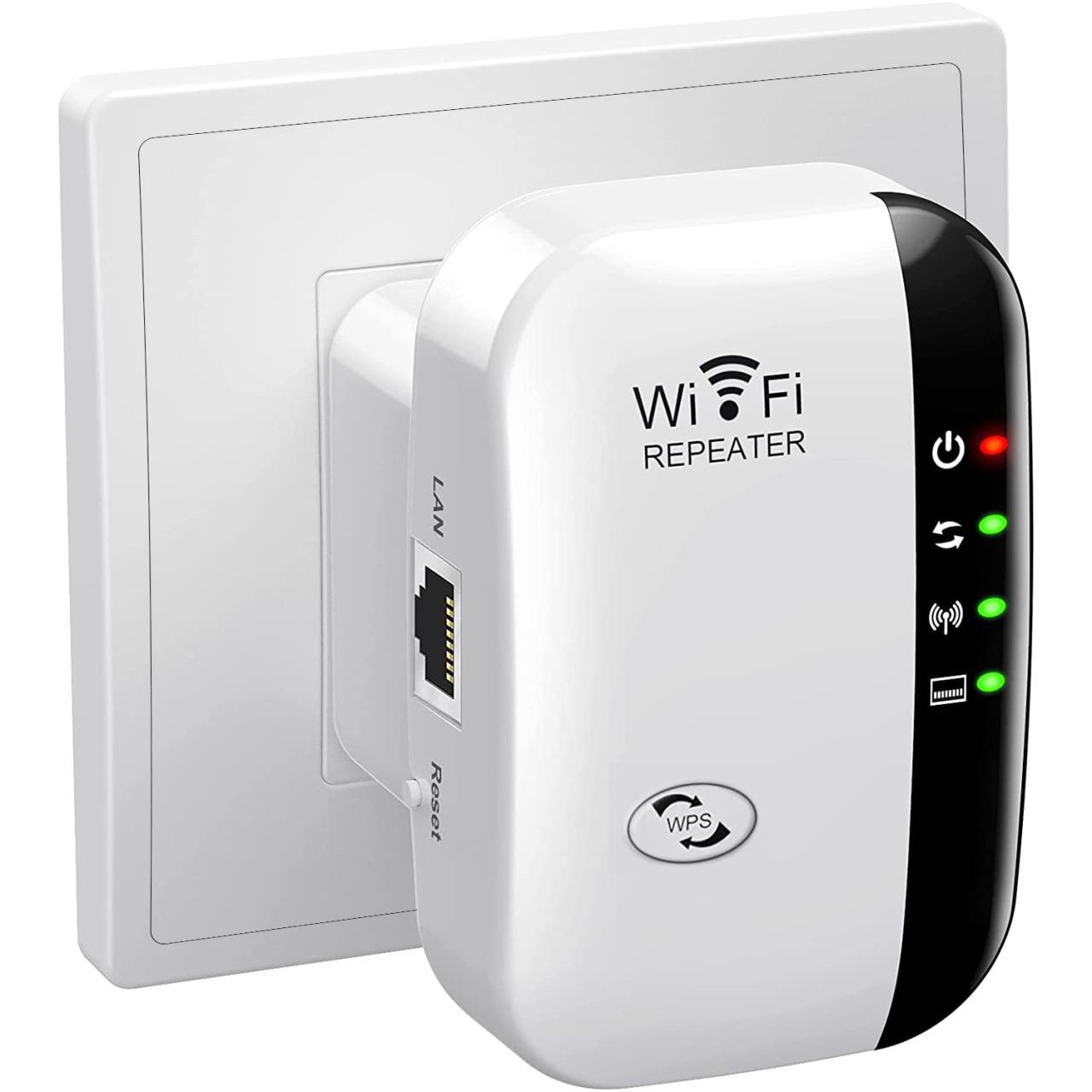
The cost of wifi amplifiers varies greatly depending on brand, features, and performance capabilities. Understanding the cost-benefit analysis helps make an informed purchasing decision.
Cost Comparison Across Brands and Models
Prices range from budget-friendly options under $30 to high-end models exceeding $100. The price generally reflects the amplifier’s speed, range, and features.
Long-Term Value Proposition
Investing in a reliable wifi amplifier offers long-term value by eliminating dead zones, improving internet speed, and enhancing overall network performance. This translates to improved productivity and a better user experience.
Factors Influencing Price
Factors like frequency band support (dual-band vs. single-band), data transfer speed, range, advanced features (beamforming, MU-MIMO), and brand reputation all influence the price of a wifi amplifier.
Price vs. Features Comparison
| Model | Price (approx.) | Key Features |
|---|---|---|
| Amplifier A | $25 | Single-band, 300 Mbps |
| Amplifier B | $40 | Dual-band, 800 Mbps |
| Amplifier C | $60 | Dual-band, 1300 Mbps, beamforming |
| Amplifier D | $80 | Dual-band, 1750 Mbps, MU-MIMO |
User Reviews and Feedback
User reviews provide valuable insights into the real-world performance and reliability of different wifi amplifier models. Analyzing user feedback helps identify strengths and weaknesses.
Summary of User Reviews
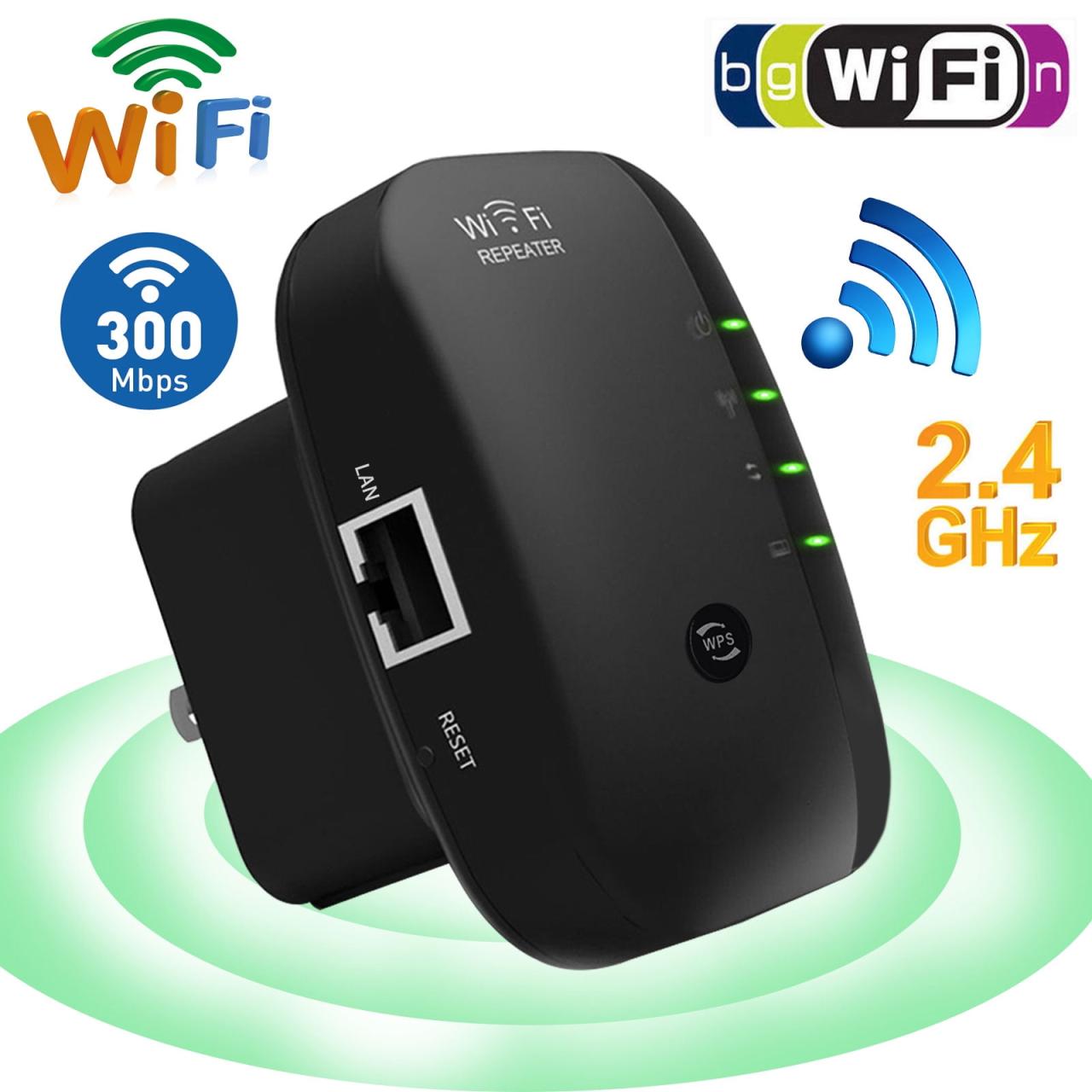
Common positive feedback points to improved coverage and signal strength. Negative feedback often highlights issues with setup complexity, occasional connection drops, and reduced speeds compared to the main router.
Recurring Positive and Negative Aspects
Positive aspects frequently include ease of setup, improved wifi range, and better signal strength in previously dead zones. Negative aspects often cite inconsistent performance, interference issues, and limited throughput.
Frequently Asked Questions (FAQ)
- How far can a wifi amplifier extend my wifi signal?
- Can a wifi amplifier improve my internet speed?
- What are the best placement strategies for a wifi amplifier?
- How do I troubleshoot a wifi amplifier that isn’t working correctly?
Alternatives to Wifi Amplifiers
Several alternatives exist for extending wifi coverage, each with its own advantages and disadvantages. Choosing the best option depends on your specific needs and budget.
Alternative Wifi Coverage Solutions
Mesh wifi systems offer seamless coverage across multiple nodes, while powerline adapters utilize existing electrical wiring to transmit data. Each method offers a different approach to extending wifi range.
Comparison of Wifi Range Extension Methods
| Method | Pros | Cons |
|---|---|---|
| Wifi Amplifier | Simple setup, affordable | Can reduce speed, potential interference |
| Mesh Wifi System | Seamless coverage, fast speeds | More expensive, complex setup |
| Powerline Adapter | Uses existing wiring | Speed dependent on wiring quality, limited range |
Illustrative Examples
Scenario: Wifi Amplifier Improves Connectivity in a Large Home
A large two-story house with thick walls experienced weak wifi signals on the second floor and in the back of the house. Installing a dual-band wifi amplifier midway between the router and the second floor significantly improved connectivity, allowing reliable streaming and video calls in all areas.
Scenario: Wifi Amplifier is Not the Ideal Solution, Amplificateur wifi
A home with extensive dead zones and significant interference from neighboring networks would benefit more from a mesh wifi system. A mesh system provides more robust and consistent coverage than a single wifi amplifier in such a challenging environment.
Final Summary: Amplificateur Wifi
Choosing the right amplificateur wifi can transform your home network. By understanding the different types, features, and installation processes, you can easily eliminate Wi-Fi dead zones and enjoy a consistently strong signal throughout your home. Remember to consider factors like range, speed, security, and cost to make an informed decision that best fits your budget and needs. With a little planning and the right equipment, a seamless Wi-Fi experience is within reach!
So you’re looking at getting a wifi extender, an amplificateur wifi, to boost your signal? Great! But before you do, consider the overall network performance; a strong signal is useless if your PC is a bottleneck. That’s where building your own PC comes in – check out this awesome guide on pc builder to ensure you have a powerful machine to take full advantage of that improved wifi.
Once your PC is optimized, you’ll really appreciate the difference a good amplificateur wifi makes.
FAQs
What is the difference between a Wi-Fi extender and a Wi-Fi repeater?
While often used interchangeably, repeaters simply retransmit the existing signal, potentially halving speeds. Extenders often use a more sophisticated method to improve signal strength and speed.
How many devices can a Wi-Fi amplifier support?
The number of devices supported depends on the amplifier’s specifications and the strength of your main Wi-Fi network. Check the manufacturer’s specifications for details.
Can I use a Wi-Fi amplifier with my existing router?
Yes, most Wi-Fi amplifiers are designed to work with existing routers. You’ll need to connect the amplifier to your router’s network, typically via Wi-Fi or Ethernet.
Do Wi-Fi amplifiers affect my internet speed?
While they can improve signal strength, they might slightly reduce overall speed, depending on the type of amplifier and its placement. A well-placed extender minimizes this effect.
